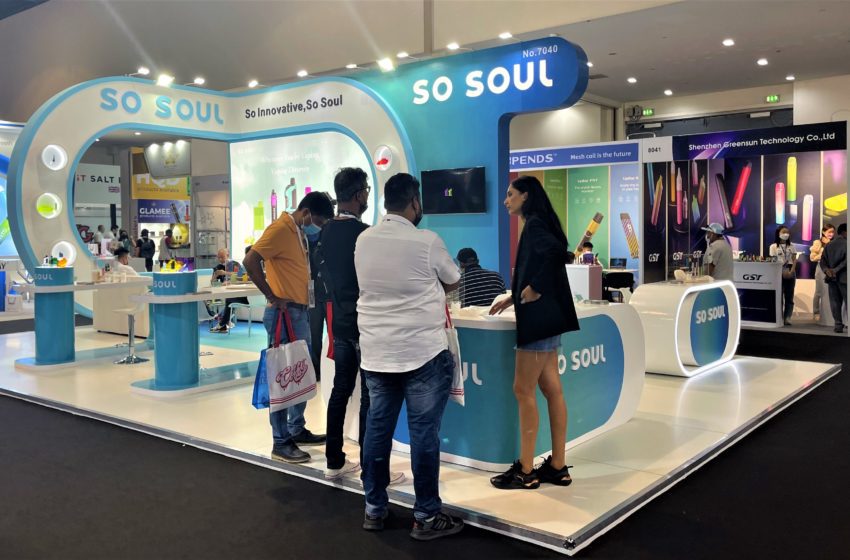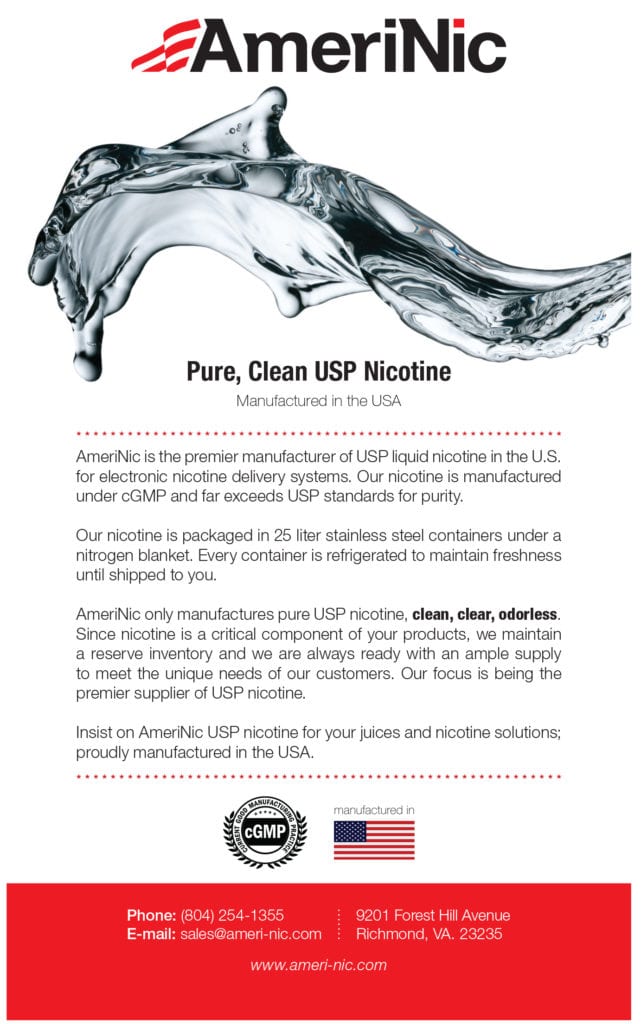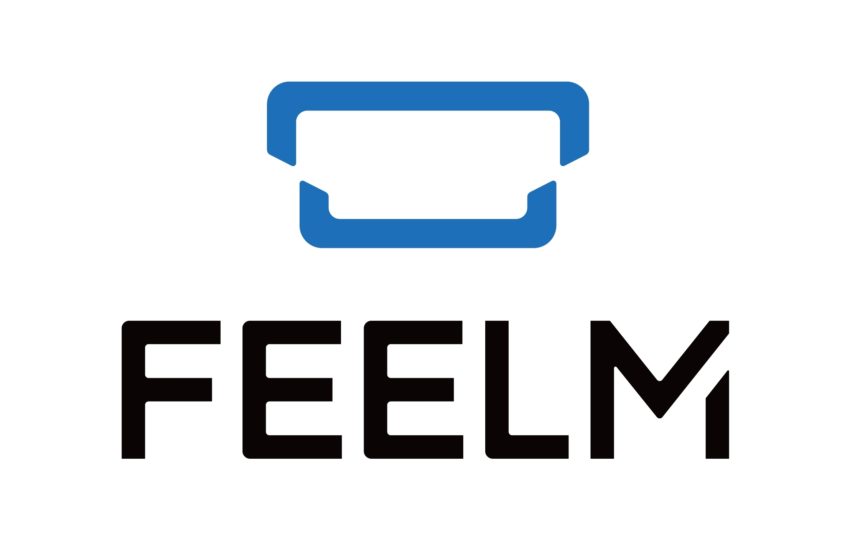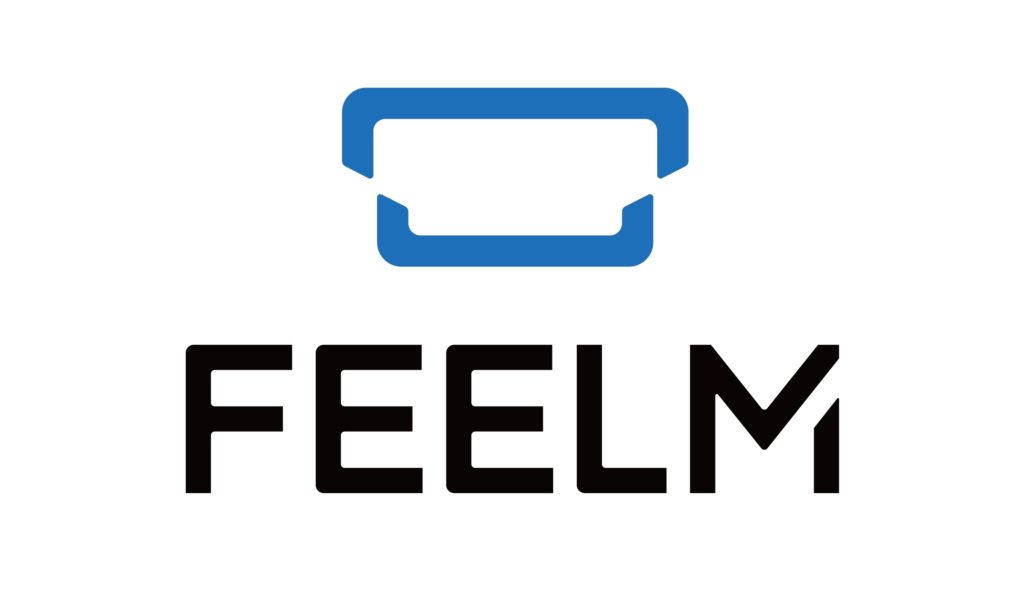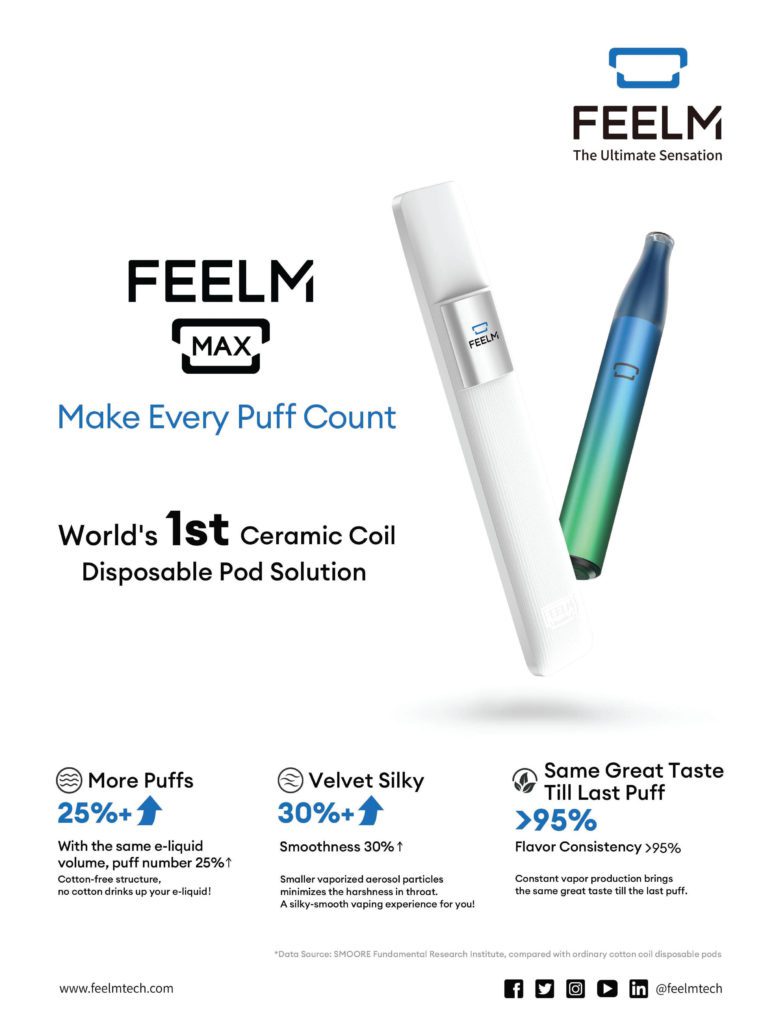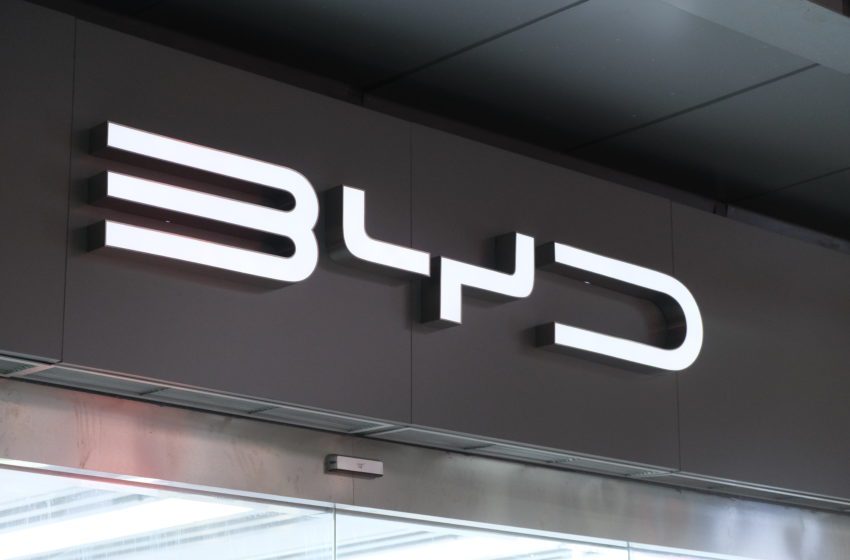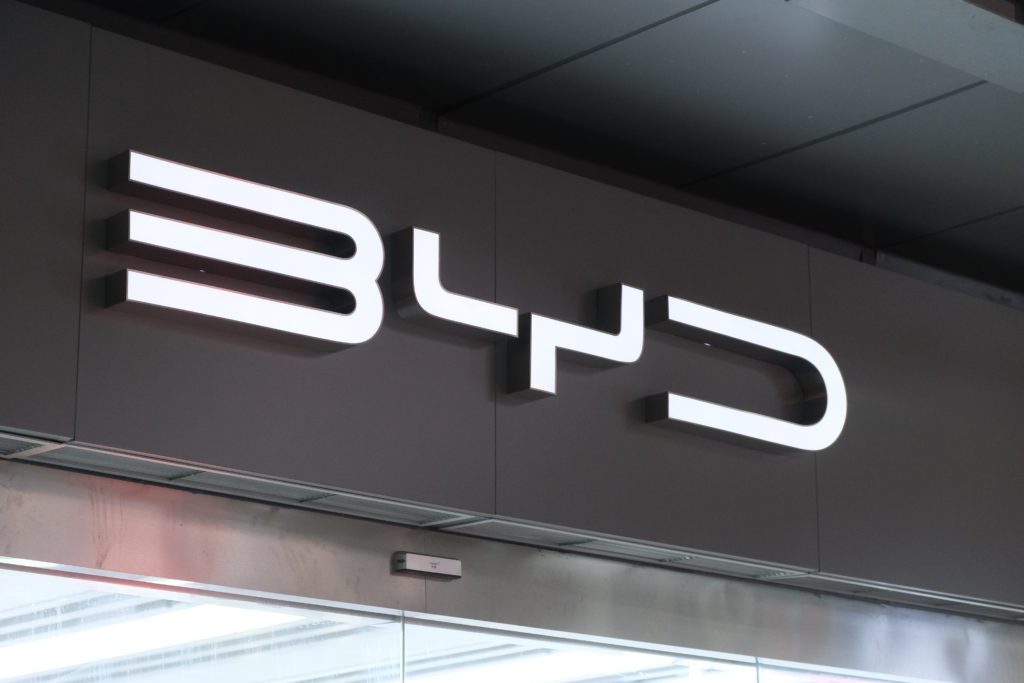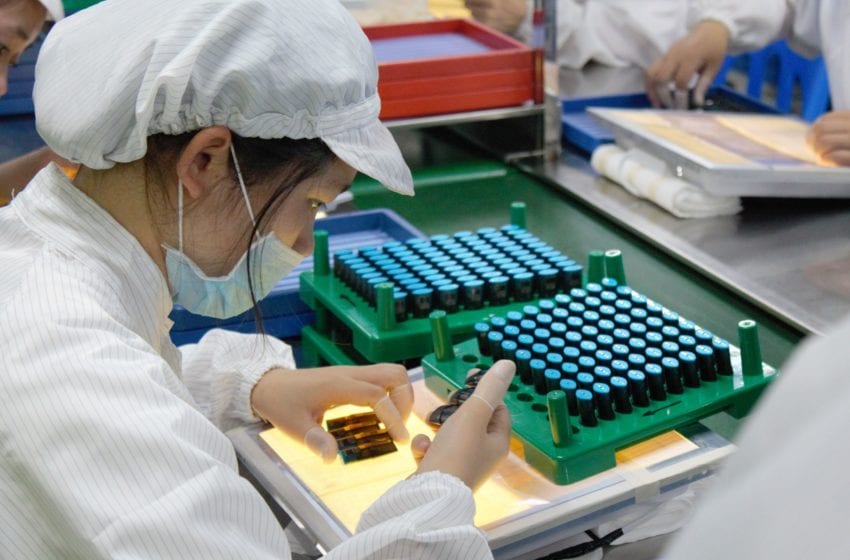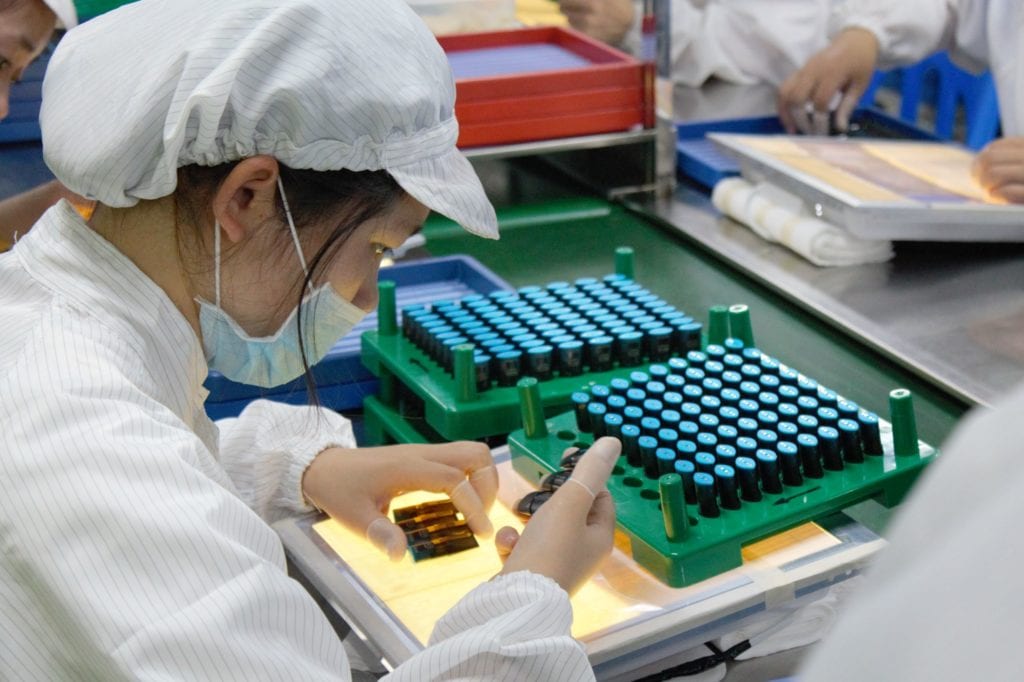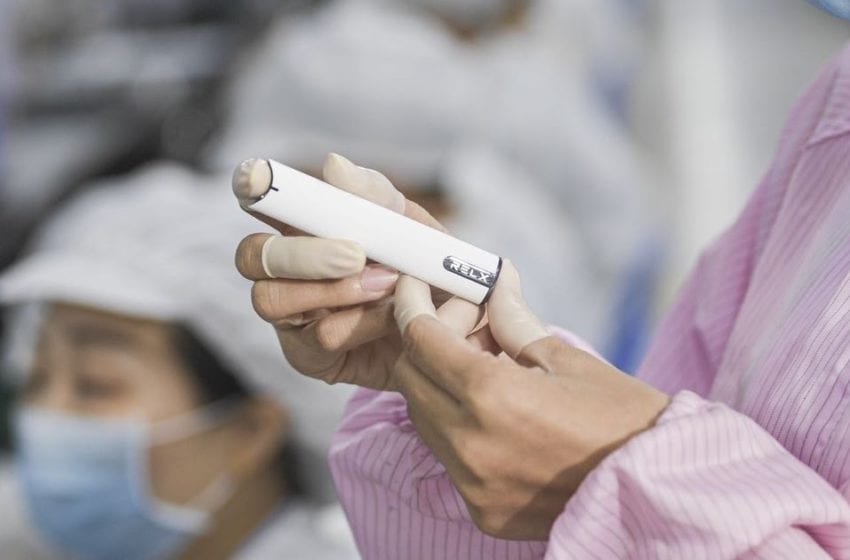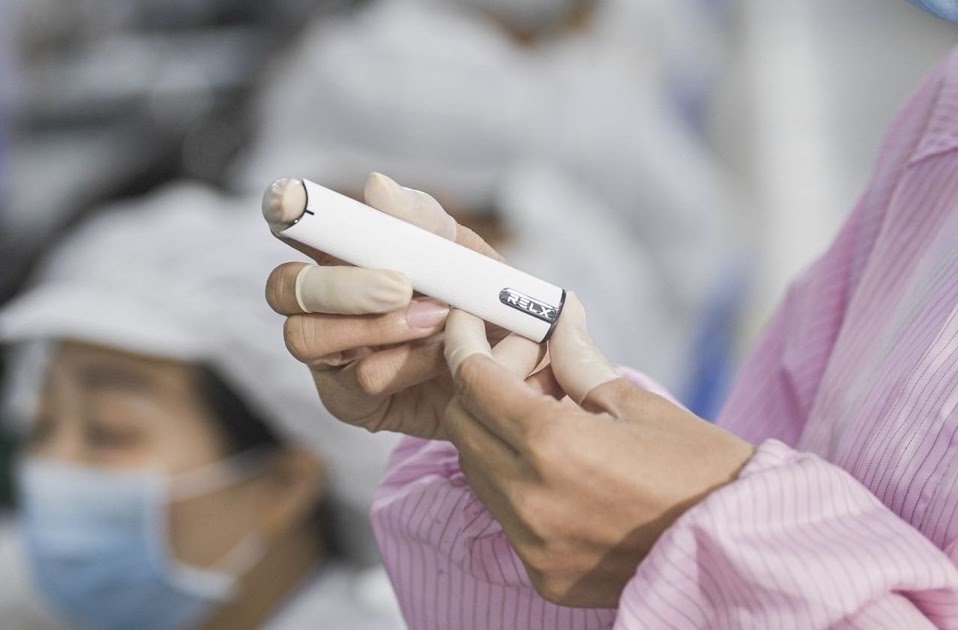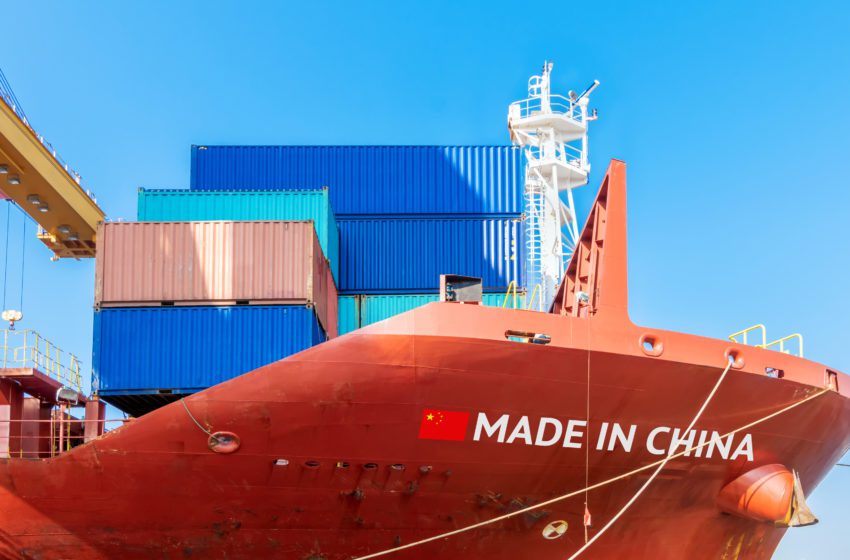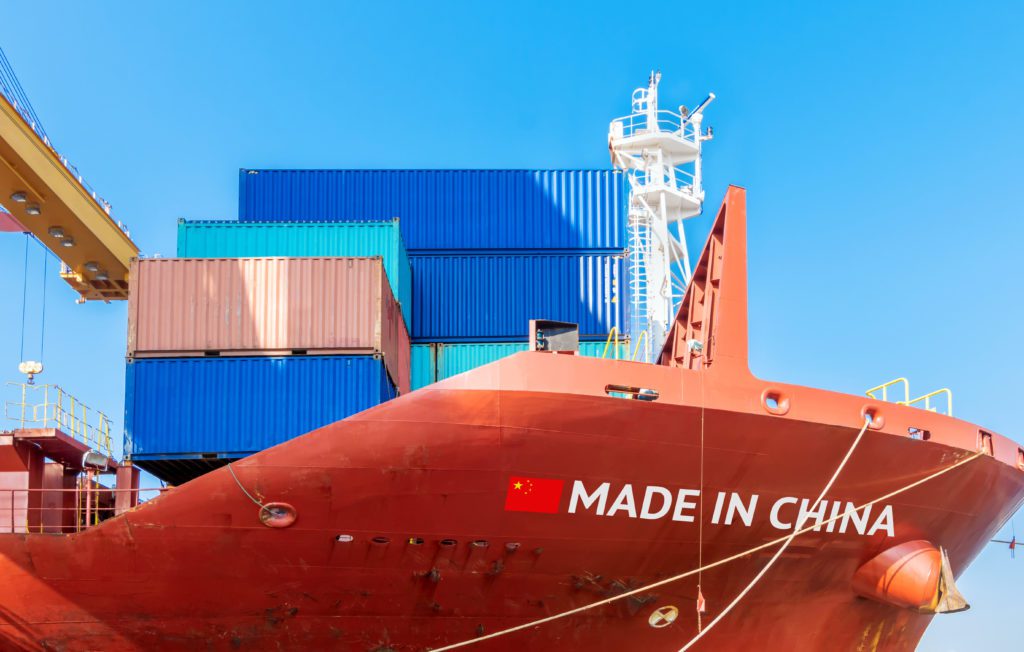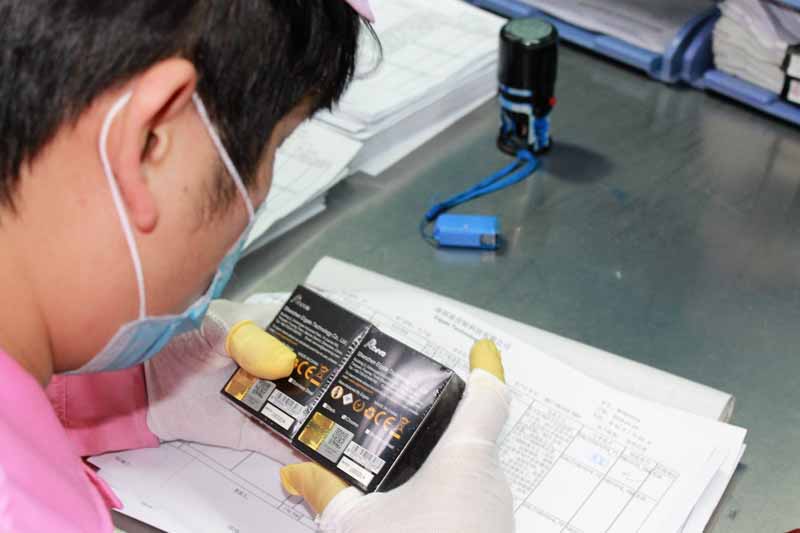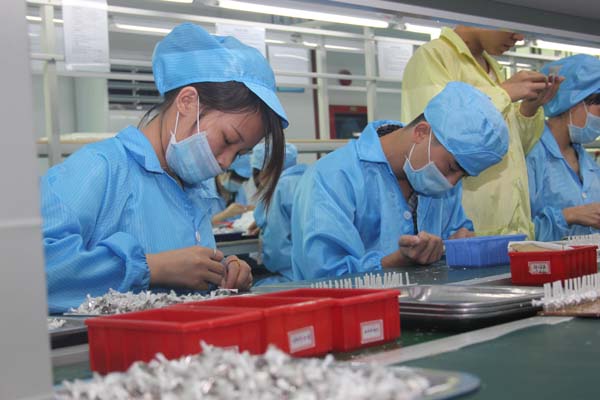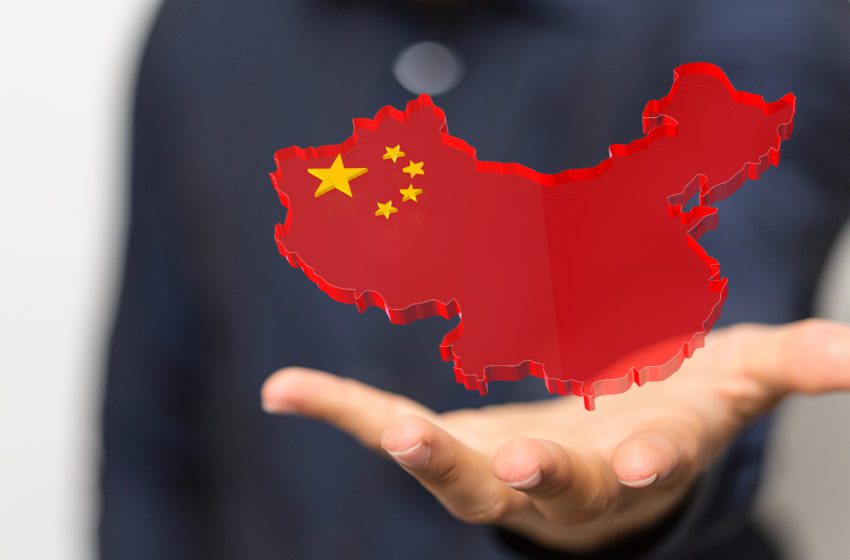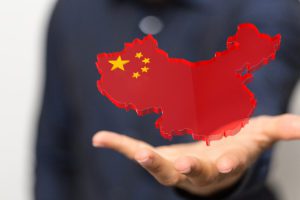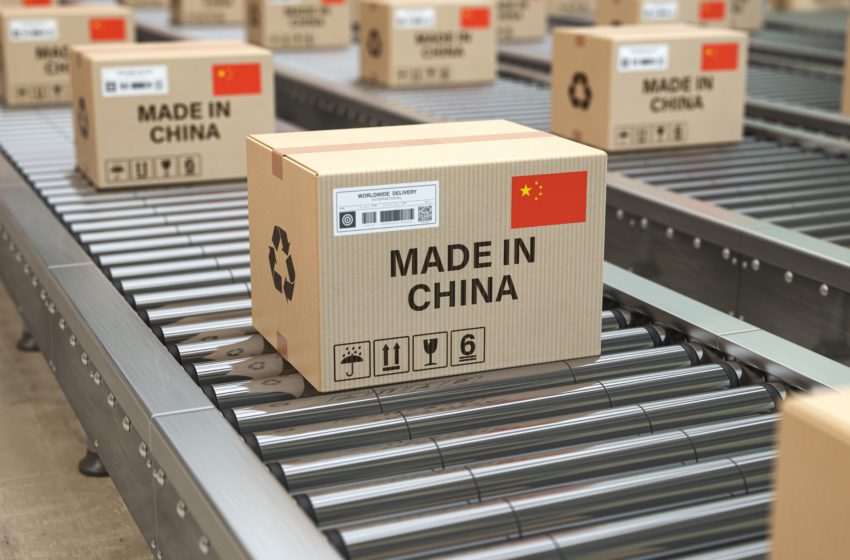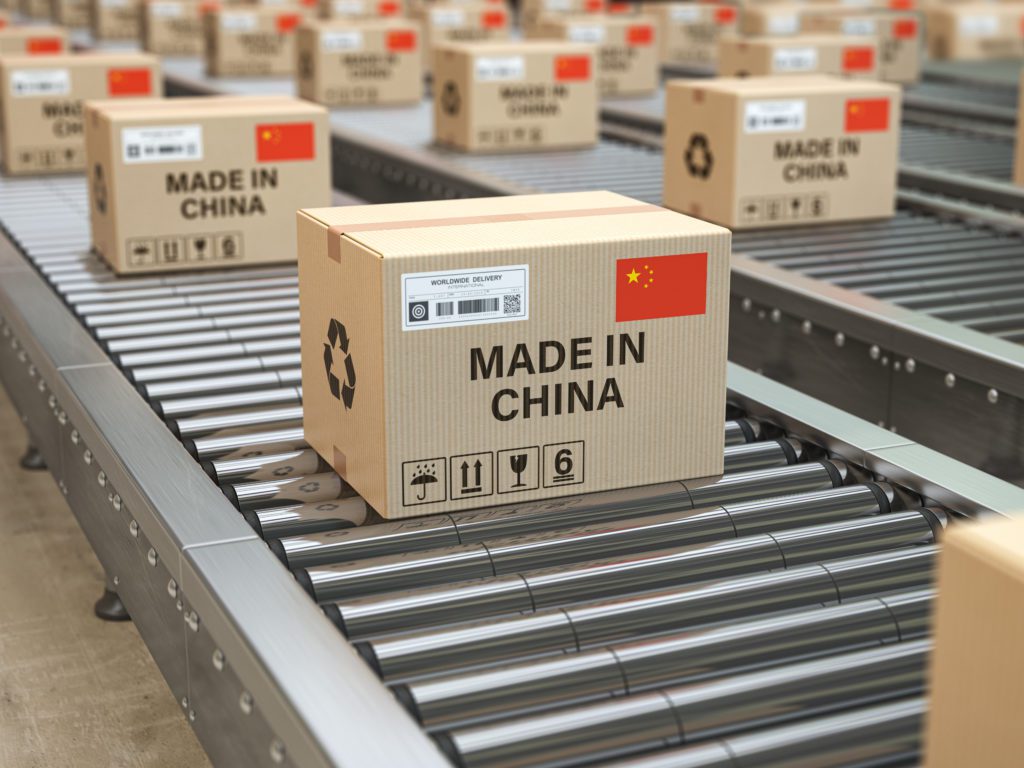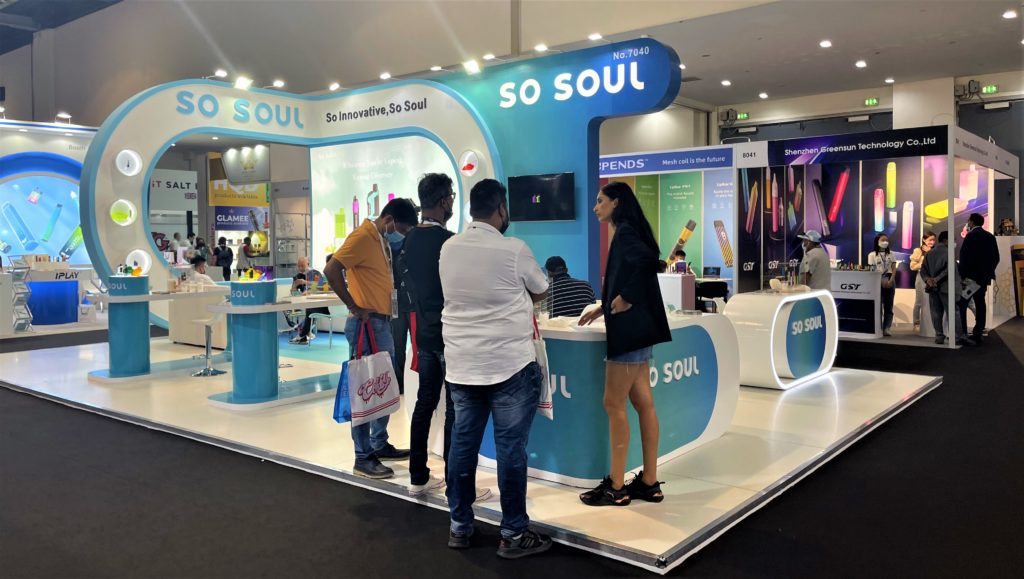
So Soul, the rapidly rising vapor brand that began in China in early 2021, has now gone global.
By Timothy S. Donahue
Luna Wang wanted to do something different. She was seeing the products that the vapor industry was offering in early 2021, and she could tell that the industry was changing. Disposable devices were becoming the most popular products to help combustible cigarette smokers quit, but the available devices didn’t offer the same flavor or vaping experience that one could get from an open system. Luna Wang wanted to create something better.
Wang has been in the vaping industry for eight years through various projects. In mid-2021, Wang joined forces with another experienced vapor industry entrepreneur, Peter Zhang. Both also had previous experience working with Fortune 500 companies. Together, they started the So Soul brand in Shenzhen, China, the global capital of e-cigarette manufacturing.
So Soul soon entered the Chinese market, where more than 300 million smokers reside, and quickly found success. While the company also produces refillable pod products, it was its disposable products that really began to boost So Soul’s sales.
“So Soul is a creative and dynamic vape brand which believes that innovation could bring freedom of the soul. So Soul has been a maverick and an unconventional company from the beginning,” said Lisa Li, head of media relations for So Soul. “Our founder, Luna, and the rest of the company’s employees are often considered dreamers. We believe that you shouldn’t have to compromise style for substance.”
So Soul began because its creators believed something was missing in the market. Aside from a device’s appearance, aroma and flavor were two areas that Wang and Zhang felt were lacking in the Chinese vaping industry. The company founded its own research and development laboratory, staffed by the world’s top experts in the field, to develop products that could meet Wang’s high standards.
“Our line of products offers smokers and vapers alike a range of flavors that are rich, smooth and satisfying. Our designs are inspired by the latest trends in fashion, and we’re always looking for new ways to stand out from the crowd,” said Wang. “Whether you’re a beginner or a seasoned vaper, we’ve got something for everyone.”
The company devotes 60 percent of its profits to R&D in an effort to always be improving. It wants its products to stand out for their “combination of style, substance and soul,” explains Wang. “We are dedicated to providing our customers with products that are not only stylish and cutting-edge but also made with the highest quality ingredients and backed by extensive research and development.”
During World Vape Expo Dubai, Wang told Vapor Voice that So Soul has perfected the art of flavor creation, and subtle “fragrances are at the heart of our products.” To accomplish the feat, Wang said that So Soul employs a team of expert mixologists that have years of experience in tobacco product development, and the company only uses the finest ingredients to create its unique flavor blends.
“Our designs are inspired by the latest trends in fashion, and we’re always looking for new ways to stand out from the crowd. Whether you’re a beginner or a seasoned vaper, we’ve got something for everyone,” said Wang. “In a short space of time, we have already become one of the most popular brands in China. And now we’re bringing our products to the world. We strive to always be at the forefront of the latest technology. Our factory in Shenzhen employs over 1,000 professionals who share our commitment to quality and innovation.”
An estimated 3 million customers worldwide have tried So Soul’s products. The company prides itself on being a one-stop-shop for all vapers from beginners to advanced nicotine consumers. Wang said that So Soul product users are stylish, creative and aim to present a safer, cheaper alternative to smoking cigarettes. So Soul offers vaping devices with an advanced mesh coil system and that range in volume from 2 mL to 5 mL of nicotine-based e-liquid.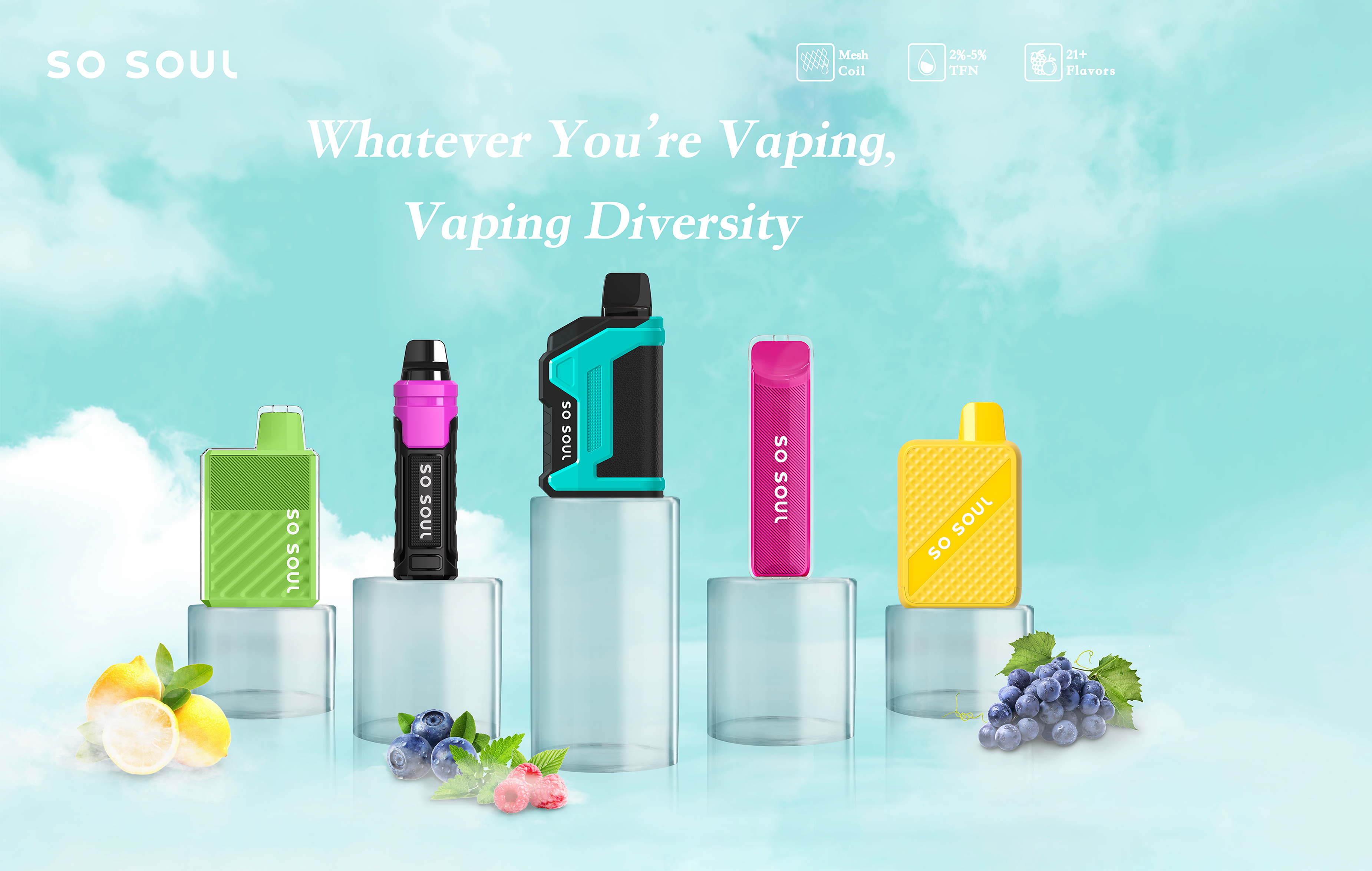
The company also offers devices that deliver from 600-plus puffs to 10,000 puffs, from bars to boxes and from sleek transparent design styles to designs with exquisitely crafted textures. Although disposable vapes are So Soul’s primary focus currently, Li said the company also provides refillable pod mod devices on demand for its customers.
“So Soul also provides users with a wide range of flavors that are refreshing, sweet, savory and everything in between from Watermelon Ice, Mixed Berry Ice, Blueberry Ice, Spearmint, Blue Razz Lemonade, to Lemon Strawberry Pie, Pineapple Banana Coconut, Strawberry Watermelon Bubblegum, etc.,” said Wang. “There’s something for everyone. We expect to be responsible for offering the best vaping products to vapers at home and abroad and for pushing the entire industry forward.”
Currently, So Soul’s products are sold globally in North America, Europe and Asia. The So Soul XC650 (Vibe), Y650 (Box) and S600 (Peak) are some of the most popular devices in the U.K. and European Union, according to Li. Since So Soul X7000 and Y10000 were launched in early 2022, they have been growing a massive market presence and have become popular in the U.S. and Middle East markets, particularly.
While it depends on how heavily someone vapes and how often they use the device, typically, a So Soul device lasts longer than 92.3 percent of the disposable vape pods in the market, lending to the brand’s popularity. One popular vape reviewer stated that the So Soul X7000 is one of the best disposable vaping devices on the market.
“The retro look really sets them apart from other disposables but, of course, that’s not the only reason why you should consider them,” the reviewer stated. “The flavors that I tried are all very enjoyable to vape on, and that’s only three out of the 20 that they offer, so there’s plenty more to choose from if the flavors that I tried aren’t quite to your liking.
“The tight MTL draw is certainly not what I expected, but it was a pleasant surprise. The draw is similar to a cigarette, and that’s going to be a big plus for anyone looking to use these to quit smoking. Add to the fact that these provide a very satisfying draw and up to 7,000 puffs, and you get a great value for your money.”
One of the major challenges for building the So Soul brand is the varying rules for vapor products from country to country, according to Wang. Regulations in the vaping industry are constantly changing and evolving in nearly every country where e-cigarettes are sold. Those regulatory rules include everything from raising the minimum legal sales age for e-cigarettes in many countries from 18 to 21 and federal, state and local restrictions on flavored e-cigarettes as well as the U.S. Food and Drug Administration recently being given the authority to regulate synthetic products.
Many countries, like China for example, have even unveiled technical standards for e-cigarettes that will go soon go into effect. In a public document, in April, China’s State Administration for Market Regulation listed the requirements for design, chemical compounds and the mechanics for e-cigarettes that domestic manufacturers must meet in order to sell their products.
“In addition to staying current on the laws governing the industry, we will keep up to date on the relevant scientific literature concerning the use of vaping products,” said Wang. “We may also consult with independent external scientific and medical experts to lead technology and ingredients innovation, so that we can fulfill our mission of helping people have easy access to affordable, safe and effective alternatives to traditional cigarettes.”
So Soul’s mission is to promote less risky options for the global tobacco industry. So Soul and its team members are working toward helping create a smoke-free future. Moving forward, she said that the vaping industry is constantly evolving, and So Soul will remain at the forefront of innovation.
“We have a passion for what we do, and it shows in our products. So Soul is more than just a brand—it’s a lifestyle. It’s about being confident, feeling good and living life to the fullest,” said Wang. “So Soul is style, substance … soul. The perfect vape for those who want it all.”

